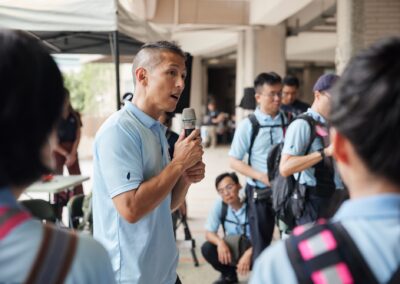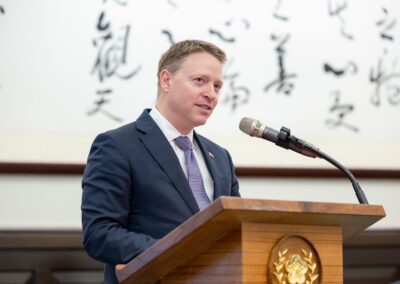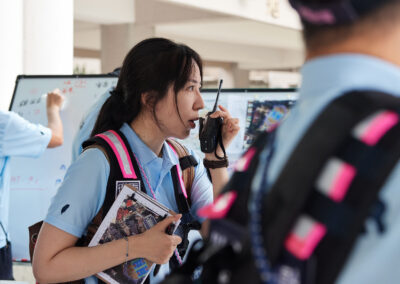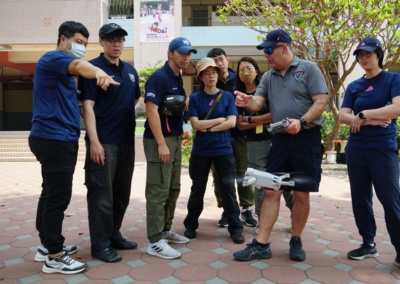In the Philippines, the Right Approach Leads to Immeasurable Results
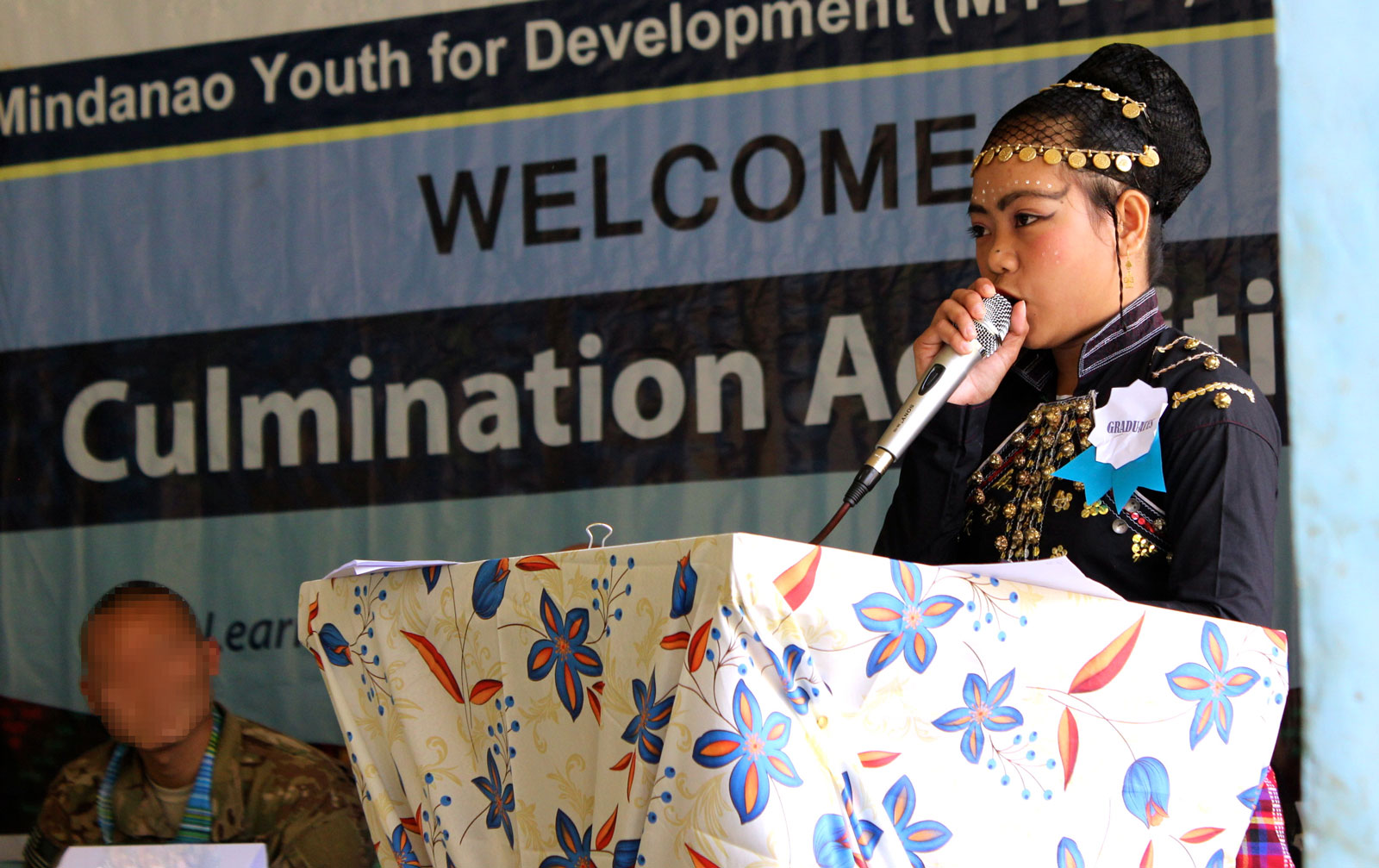
As you know, the intentions of most international aid organizations are pure, but as an aid worker, I can tell you that many organizations’ methods of helping are not always as effective or beneficial as they could be because they lack the proper procedures for identifying and meeting needs. Understanding the need, really understanding it from the perspective of the aid recipient, is vital to providing the right, locally appropriate solution to meet the needs of the people. One US Army team I recently worked with in the southern Philippines understood that concept and took it to heart. When they applied their understanding of the situation, they were able to change the lives of the Filipinos they were working with.
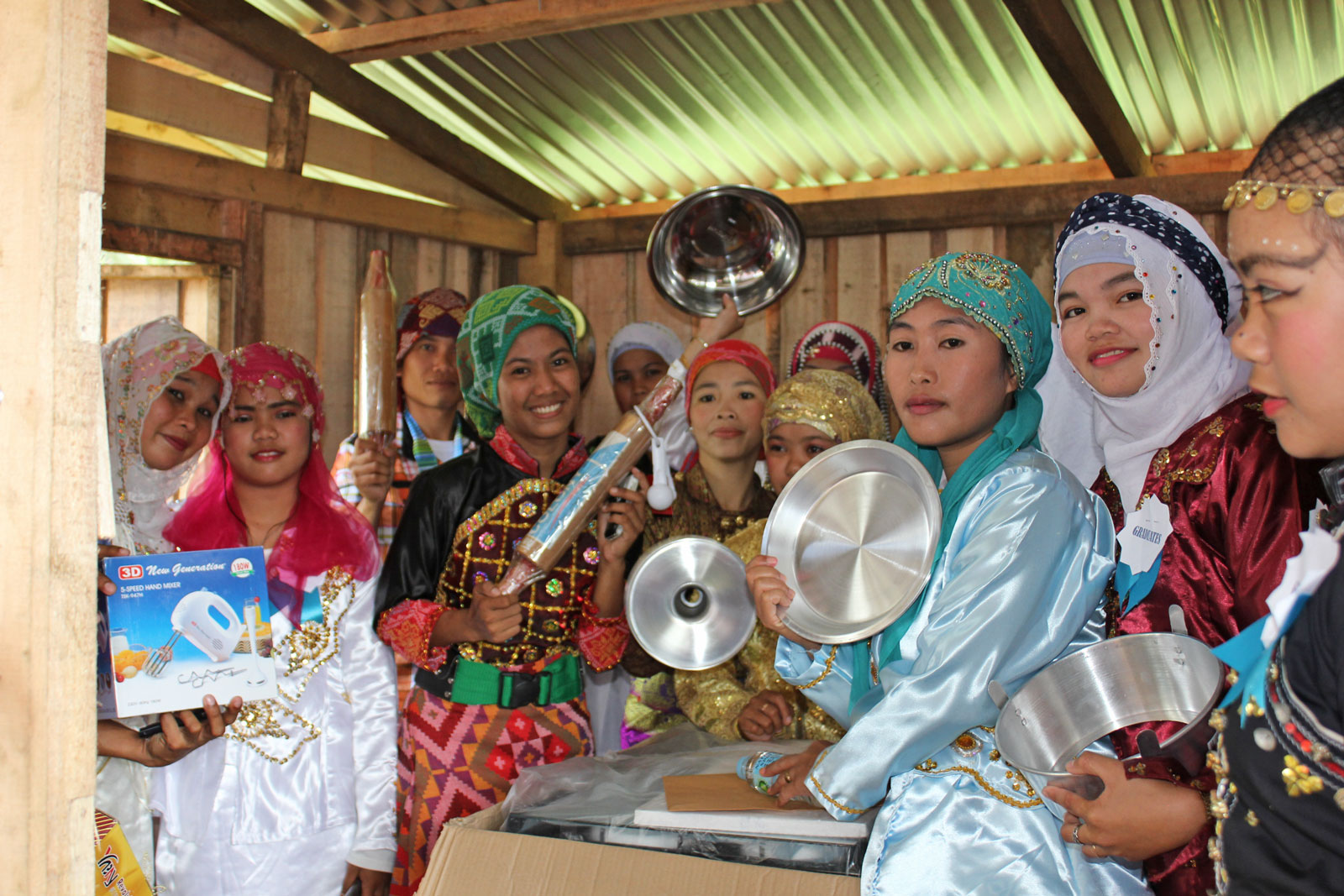 Filipino youth who recently graduated a culinary vocational training program show off their new cookware donated by Spirit of America.
Filipino youth who recently graduated a culinary vocational training program show off their new cookware donated by Spirit of America.
When a friend of mine, Austin, pitched the idea of providing resources and training for 34 out-of-school youth to run an eatery in their barangay, I had a lot of questions. As we talked, he explained that many of the youth, mostly females ages 15-24, had dropped out of school in order to help provide for their families. Opportunities were limited in their remote town leaving them susceptible to the negative influences from criminal and insurgent networks. The team believed that by providing formal culinary training and supplies to run an eatery, we could create an opportunity for the youth to succeed in an extremely challenging environment.
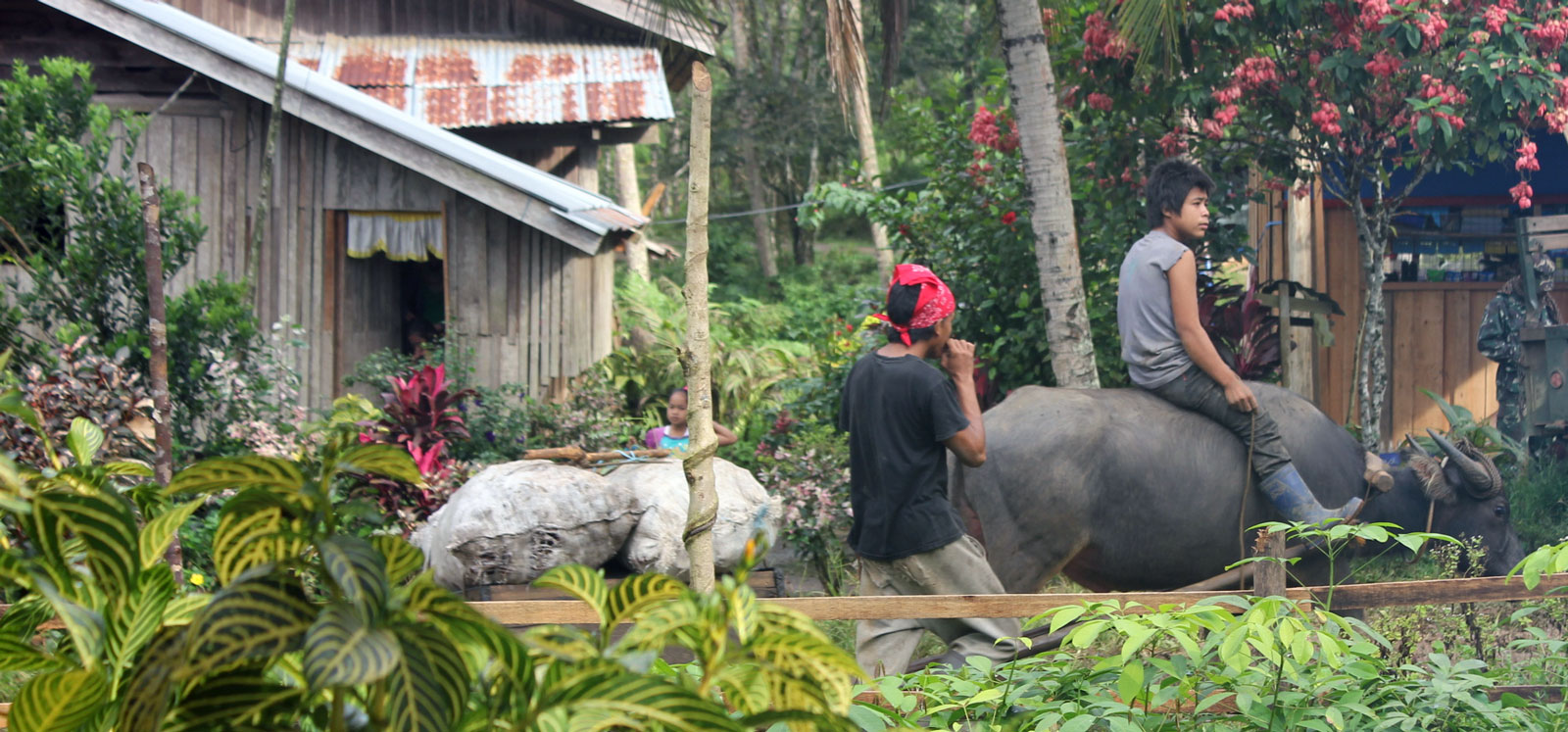 The southern Philippines are unique and beautiful. This beauty often masks the underlying tensions that create challenges for the residents of the scattered islands.
The southern Philippines are unique and beautiful. This beauty often masks the underlying tensions that create challenges for the residents of the scattered islands.
The approach the team took to identify, understand and address the need in this area was what allowed the program to be successful. First, they worked with one of the largest Philippine Non-Governmental Organizations (NGO) in the area who had recently conducted a survey of the barangay to identify the immediate needs within the Moro National Liberation Front Out-of-School Youth communities. Second, the team looked for local partners to meet the identified needs. Local organizations have the ground truth and an understanding of the local culture that international aid organizations often lack. However, in this case the local organization did not have the budget to provide start-up supplies and seed funding for the small business. That is where Spirit of America was able to step in. Austin’s team realized that the training was beneficial, but without a way for the students to apply the knowledge upon graduation, the program was incomplete. For a relatively small contribution of equipment and money by Spirit of America, the youth were able to form a cooperative and get their business off the ground.
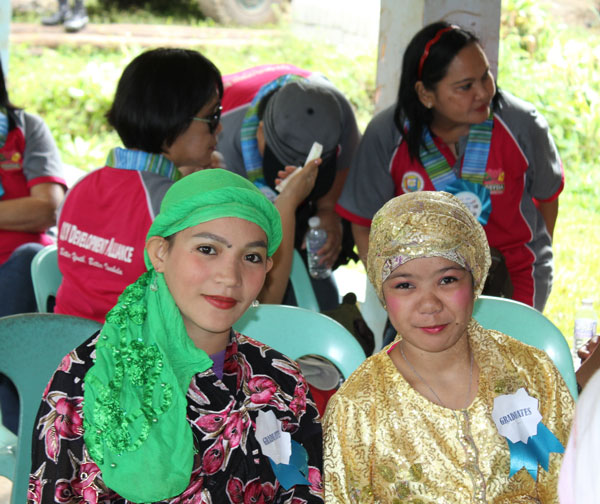 These ladies were among the graduates from the culinary training program. They will work together with the other graduates to run the cooperative in their hometown.
These ladies were among the graduates from the culinary training program. They will work together with the other graduates to run the cooperative in their hometown.
Establishing a co-op wasn’t a new idea in this area; the precedent was set for this kind of project to succeed. It had been done successfully over a year ago in a different town on the same island. The eatery cooperative in the first location consisted of approximately 30 employees divided into four shifts. Each shift in the cooperative was responsible for running the rotation for a week at a time, including preparing, cooking, and marketing their food products. This new cooperative was styled after the first business model to ensure it had the greatest chance of success.
 US military, students’ families and other attendees hear from graduates at the culmination ceremony.
US military, students’ families and other attendees hear from graduates at the culmination ceremony.
I was not able to attend the graduation and ribbon-cutting ceremony due to mechanical issues that delayed my flight to the Philippines. Once I arrived I heard about the ceremony first hand from the men and women in the US military who were involved in project. The story that will stick with me is about one of the girls who shared her testimony during the ceremony. While she was speaking, she broke down in tears, telling those in attendance that she had never before had an opportunity like this and how much the training and supplies meant to her and the other graduates. Austin told me that, as she shared her story, the audience began to tear up as well. You can’t measure this kind of impact with charts or graphs; it’s impossible. What you can do is see it in the smiles, tears, and changed lives of real people.
Chris Clary
Project Manager

